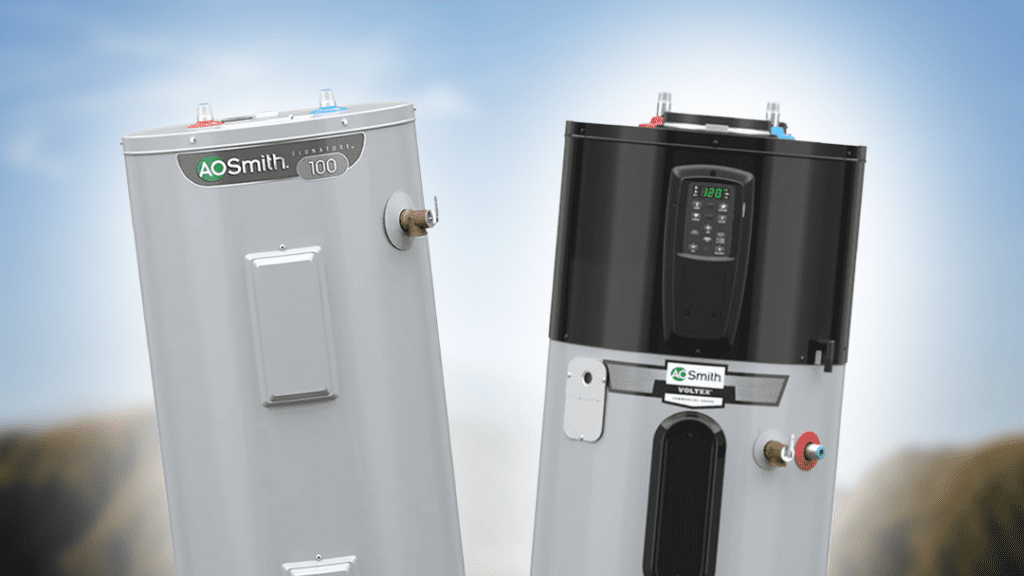In the ever-evolving landscape of home appliances, the choice between hybrid and electric water heaters is a hot topic—pun intended. As the demand for energy-efficient solutions continues to rise, homeowners find themselves faced with a crucial decision when it comes to heating water for their daily needs. In this blog post, we’ll delve into the differences between these two options, exploring the unique features, benefits, and drawbacks of hybrid and electric water heaters to help you make an informed decision.
Understanding the Basics:
Before we dive into the specifics, let’s establish a foundational understanding of how each type of water heater operates.
- Electric Water Heaters: Electric water heaters rely on electricity as their primary energy source. They contain heating elements, typically made of stainless steel or copper, which heat the water directly. These heaters are known for their simplicity and ease of installation, making them a popular choice for many households.
- Hybrid Water Heaters: Hybrid water heaters, on the other hand, combine elements of both electric and heat pump systems. They use electricity to move heat from the air or ground to heat the water. This innovative approach makes them more energy-efficient than traditional electric heaters, offering significant savings in the long run.
Energy Efficiency and Operating Costs:
When it comes to energy efficiency, hybrid water heaters take the lead. However, it’s essential to consider your specific needs and the cost implications before making a decision.
Pros and Cons of Electric Water Heaters:
- Pros:
- Simple installation
- Lower upfront cost compared to hybrids
- Suitable for smaller households with lower hot water demand
- Cons:
- Higher operating costs over time
- Limited energy efficiency compared to hybrids
- Environmental impact due to higher energy consumption
Pros and Cons of Hybrid Water Heaters:
- Pros:
- Significantly higher energy efficiency
- Lower operating costs in the long run
- Environmentally friendly option
- Cons:
- Higher upfront cost
- Slightly more complex installation
- May not be suitable for freezing cold basements due to reduced efficiency in low temperatures (Which is never a big issue but it has to be mentioned)
Environmental Impact:
If sustainability is a top priority for you, the environmental impact of your water heater choice is crucial. Hybrid water heaters, with their energy-efficient design, have a lower carbon footprint compared to traditional electric heaters.
Maintenance and Longevity:
When it comes to maintenance and longevity, both types of water heaters have their considerations.
Electric Water Heaters:
- Generally lower maintenance requirements
- Longer lifespan compared to traditional tank-style heaters
- Heating elements may require occasional replacement
Hybrid Water Heaters:
- More complex system may require professional maintenance
- Typically have a longer lifespan than traditional electric heaters
- Compressor and fan components may need occasional attention
Making the Decision:
In the end, choosing between a hybrid and an electric water heater comes down to your specific needs, budget, and environmental considerations. If you prioritize energy efficiency and can make the initial investment, a hybrid water heater may be the right choice. However, if you’re looking for a more budget-friendly option with simpler installation, an electric water heater might be the better fit.
As technology continues to advance, the world of water heaters is evolving alongside it. Whether you opt for the simplicity of an electric water heater or the efficiency of a hybrid model, understanding the differences will empower you to make a decision that aligns with your unique needs. So, the next time you turn on the tap, you’ll do so with confidence, knowing that your choice is both hot and smart.


